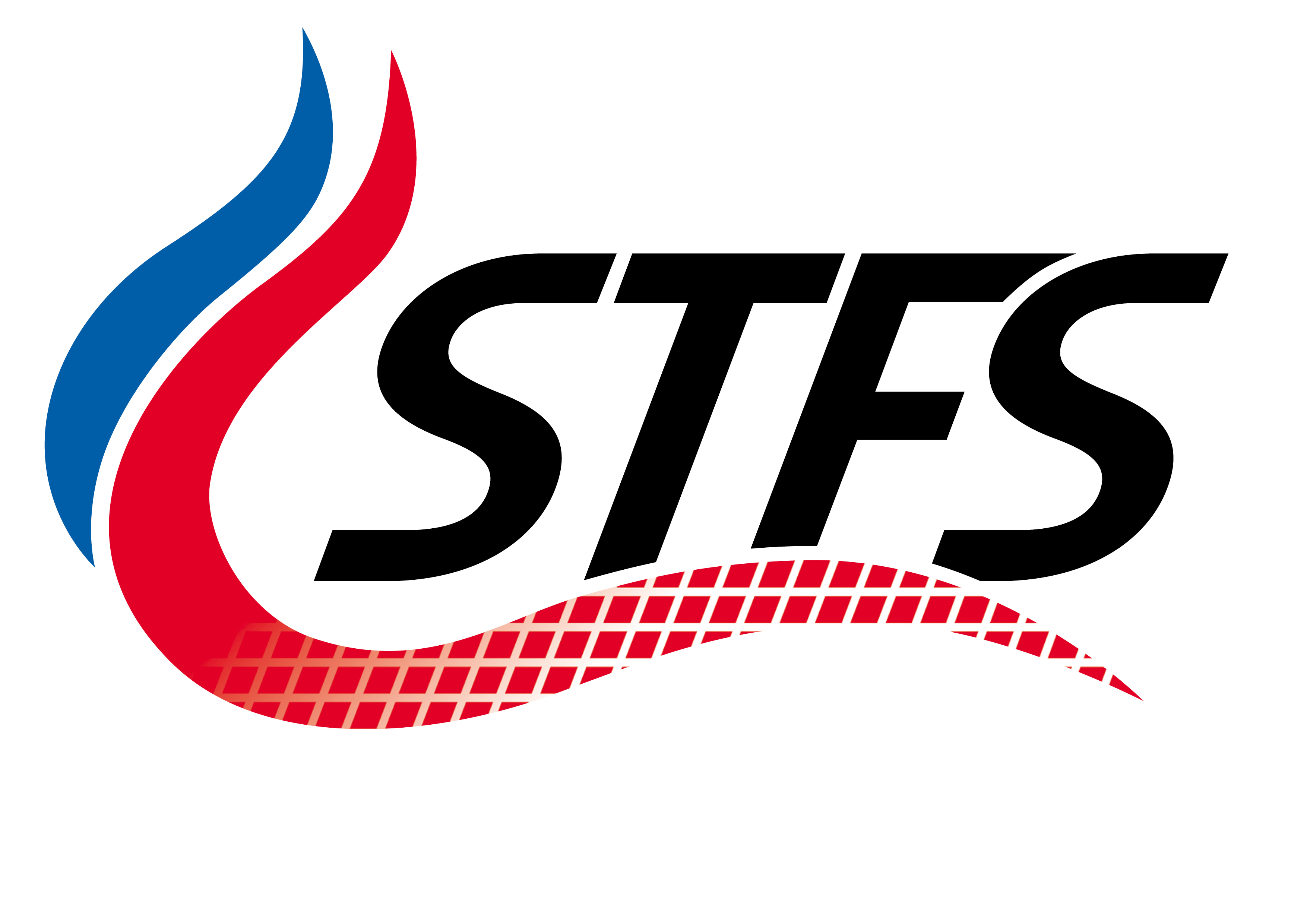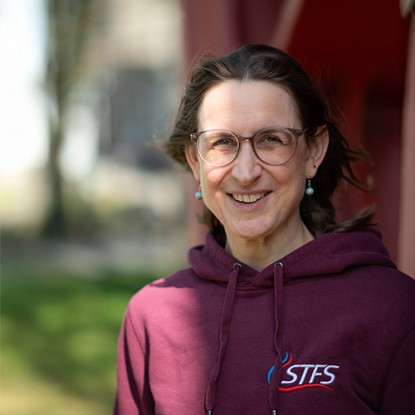Theses
At STFS we offer a wide range of student theses (Bachelor/Master) and student projects (ADP/ARP). The topics are usually closely related to our current research topics, for example:
- Hydrogen combustion
- Data-driven modeling of combustion phenomena by means of machine learning
- Metal combustion (Clean Circles project, Clean Circles Website)
- Sustainable fuels, e.g. produced by Power-to-X processes
- Flame-wall interactions / flame retardants (SFB 150)
- Biomass combustion (SFB 129)
- Reduction of pollutant emissions / soot modeling
- Aero Engines and Thermoacoustics
If you are looking for a student thesis at STFS, you can directly contact the supervisors of the topics listed below, or you can send an email to lehre@stfs.tu-… on your own initiative with an overview of the courses you have studied, as well as mentioning your previous experience and interests – it is always possible to derive research questions from our current research topics and adapt them to the profile of suitable applicants.
Theses available
Masterthesis
The Institute for Simulation of Reactive Thermo-Fluid Systems (STFS) conducts cutting-edge research on reactive flows and alternative energy carriers. One of our focus areas is the combustion of metallic fuels, which have the potential to play a key role in future energy systems.
Aluminum, in particular, undergoes a unique combustion process where evaporated metal reacts with steam, forming hydrogen and aluminum oxide. The global reaction and transport rates are controlled by a multitude of tightly coupled processes, including phase changes, gas phase reactions, thermophoresis, and droplet shape evolution—key aspects that are not yet fully understood.
In this thesis, you will contribute to refining numerical models for these processes using OpenFOAM-based simulations. Your work will help improve the predictive capabilities of existing models, enabling more accurate simulations of aluminum combustion.
Do you have experience in CFD, physical modeling, or programming (Python/C++) in a Unix-based environment? If not, are you eager to develop these skills? If so, we encourage you to contact us for more information!
Supervisors: Pascal Steffens, M.Sc., Johannes Mich, M.Sc.




